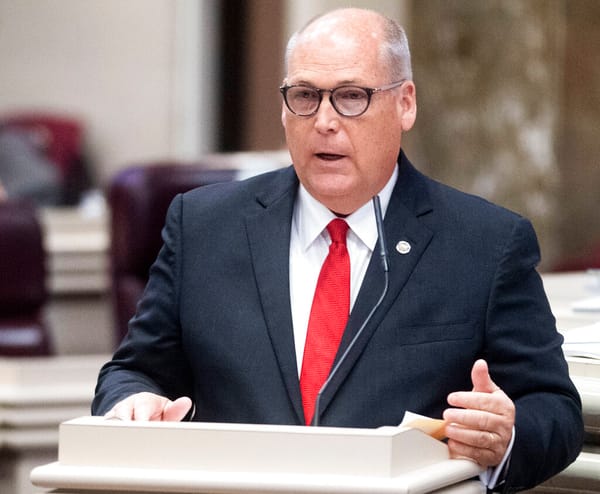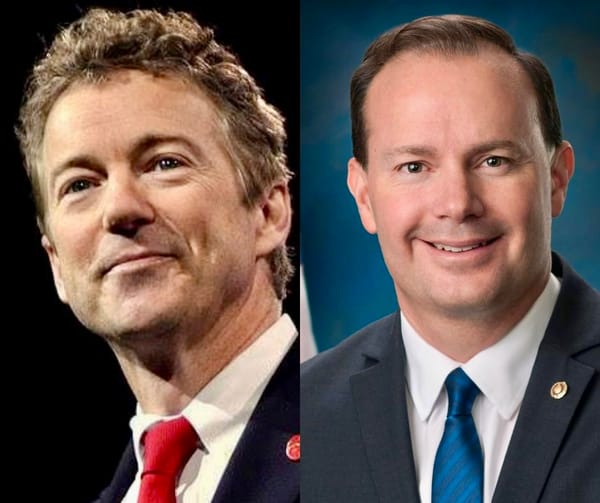Rep. Barry Moore Backs Short-Term Continuing Resolution to Keep Federal Funding Flowing
GOP, Democrats Clash Over Stopgap Funding through November 21, 2026

U.S. Representative Barry Moore (R-AL1) has affirmed his vote in favor of the Continuing Appropriations and Extensions Act, 2026, a short-term measure designed to keep the government operating while broader budget negotiations continue.
“A clean, short-term continuing resolution is necessary to keep the government open, pay our troops, and maintain essential services while negotiations continue,” Moore said in a statement. “This vote keeps the government running, but it doesn’t replace the work we still need to do. I look forward to continuing to work with my colleagues to pass our appropriations bills through regular order, rein in reckless spending, and make sure Washington truly serves Alabama taxpayers.”
According to Moore and other supporters, the Act will:
- Continue funding for federal programs so services that Alabamians rely on remain uninterrupted.
- Extend various health-care programs used by Alabama residents who depend on federal assistance.
- Maintain funding for the Department of Veterans Affairs, benefiting veterans in the state.
The measure has sparked strong pushback from Democrats, who are opposing it even though many in their party have supported short-term continuing resolutions (CRs) in the past.
Key points of contention include:
- Lack of identifiable objections: Several Democrats interviewed by The Daily Caller struggled to point to specific provisions in the CR that they disagreed with.
- Claim of missing protections: Some Democratic lawmakers argue that the bill fails to offer enough safeguards, especially against executive branch actions that could cancel funds appropriated by Congress.
- Healthcare concerns: A few Democrats say they object to what they describe as underfunding or defunding of healthcare, though the CR reportedly keeps current funding levels for many health programs.
Speaker Mike Johnson and Senate GOP leaders have defended the act as a “clean” CR—meaning it carries no major policy riders or partisan additions. They say that approach should leave no grounds for objections.
The stopgap resolution is intended to avert a partial government shutdown if funding is not secured by September 30, 2025. Under the GOP proposal, the temporary funding would extend through November 21, 2025. Supporters say the measure buys Congress time to complete work on full-year appropriations while ensuring that federal employees are paid and essential government functions continue without interruption.
The Act passed the House by a vote of 217-212 on Friday, and now goes to the Senate. The Congress will be leaving Friday afternoon for a week-long recess for Rosh Hashanah, which is observed from Monday evening to Wednesday evening. When they return, they will have less than 48 hours to avert a government shutdown on September 30.




